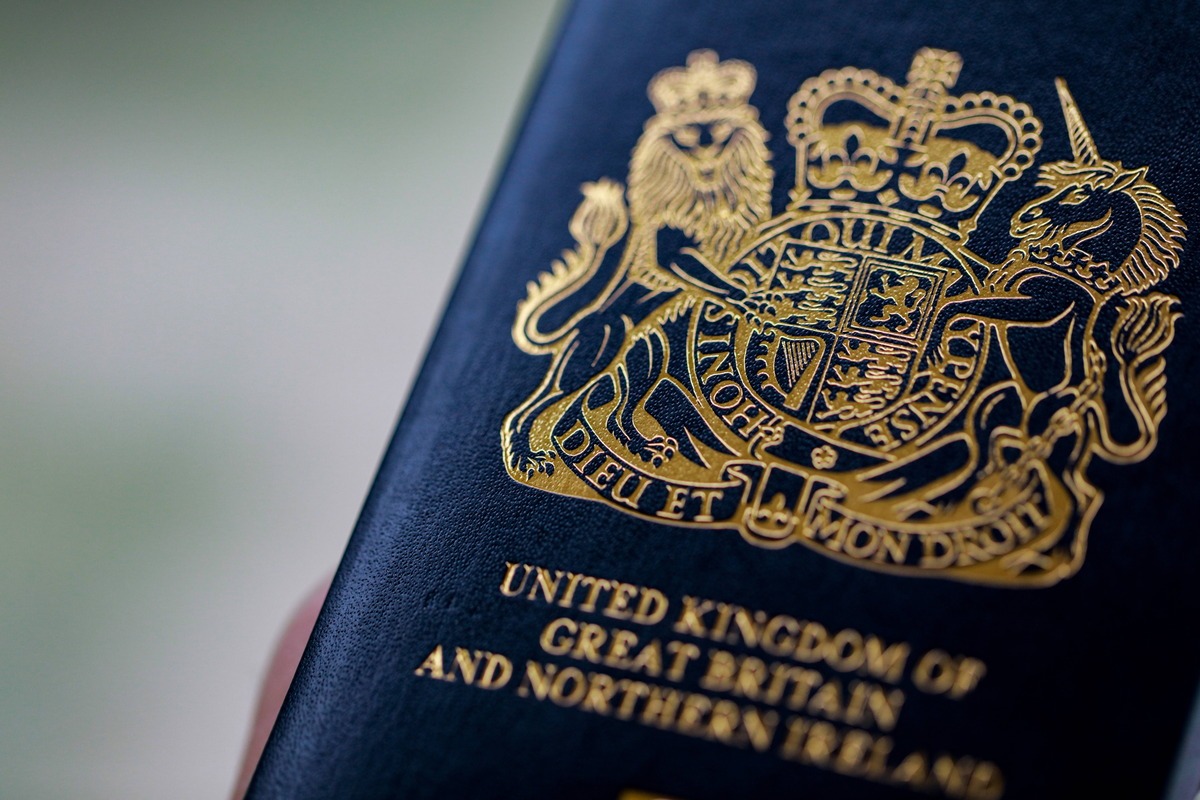The number of EU students attending KU dropped by 26% in 2021 and that trend has only just started to reverse this year, according to the university’s latest figures. That is despite the fact its non-EU student demographic has risen by 47% over the last 10 years.
Leaving the EU affected people seeking to go into higher education, as before Brexit EU students paid fees of just over £9,000. In some cases, this figure has now risen as high as £38,000
Kingston University prides itself on its diverse and inclusive environment, shown by this year’s ranking of second in the UK for student diversity.
Over half of students identify as BAME and around 28% are from overseas, while the University contains 7,256 international students. Overall, those who study at Kingston come from 164 different countries.
However, Brexit along with with stricter immigration policies, has led to the number of international students enrolling in British universities halving, and is also a contributing factor to university tuition fees rising by 3.1% next academic year. (£9,275-9,535 for standard full-time courses).
Universities say the loss of undergraduates removes diversity from the classroom, while some institutions have previously relied on overseas students studying with them for up to four years.
Due to the rising costs, most of the new international students come for just one academic year.
“I came here because it is more affordable than the United States for master’s students,” said Xueling Deng, a Chinese international student.
“I’m lucky Brexit did not affect my fee status, but there are still barriers like e-visas and constant updates to policies and deadlines which sometimes leave you feeling uncertain in the country.”
However, in strong contrast to the decline in EU student numbers, the UK has seen a rise in non-European international student enrolments driven by countries such as China and India.
“I think the university will start looking different in coming years as the (EU) students who were here before Brexit graduate,” said Munira Jimbah, an undergraduate student.
“I do think it’s a big missed opportunity as we are the only native speaking English country in Europe.”
As the UK adjusts to life post-Brexit, its long-term effects remain uncertain, and international students will continue to face significant challenges when pursuing further education within the UK.

